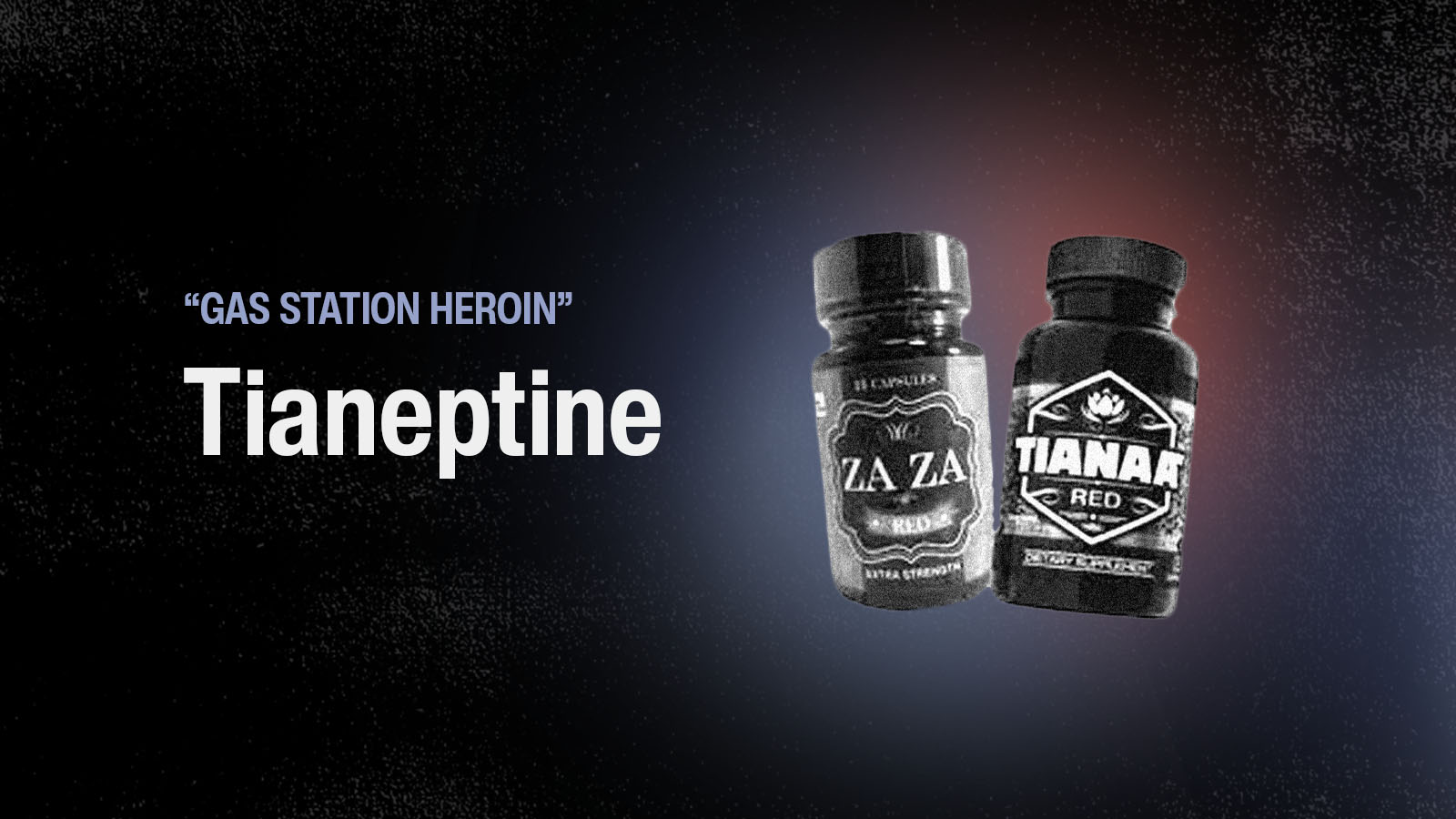On November 12, 2025, President Trump signed the Continuing Appropriations and Extensions Act of 2026 (Extensions Act), a funding package which in part, closed what lawmakers have referred to as the “hemp loophole” created by the 2018 Farm Bill. By narrowing the federal definition of hemp and identifying specific exclusions to the definition, the supporters of this measure believe that the change will protect public health. The hemp industry, however, is concerned that the change will destroy their operations. With the change to the federal hemp definition set to go into effect on November 12, 2026, various stakeholders are now attempting to find a common ground solution to the issue that addresses both public health concerns around hemp and hemp-derived products and the business concerns of the hemp industry....












